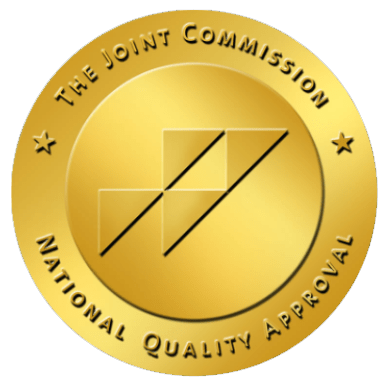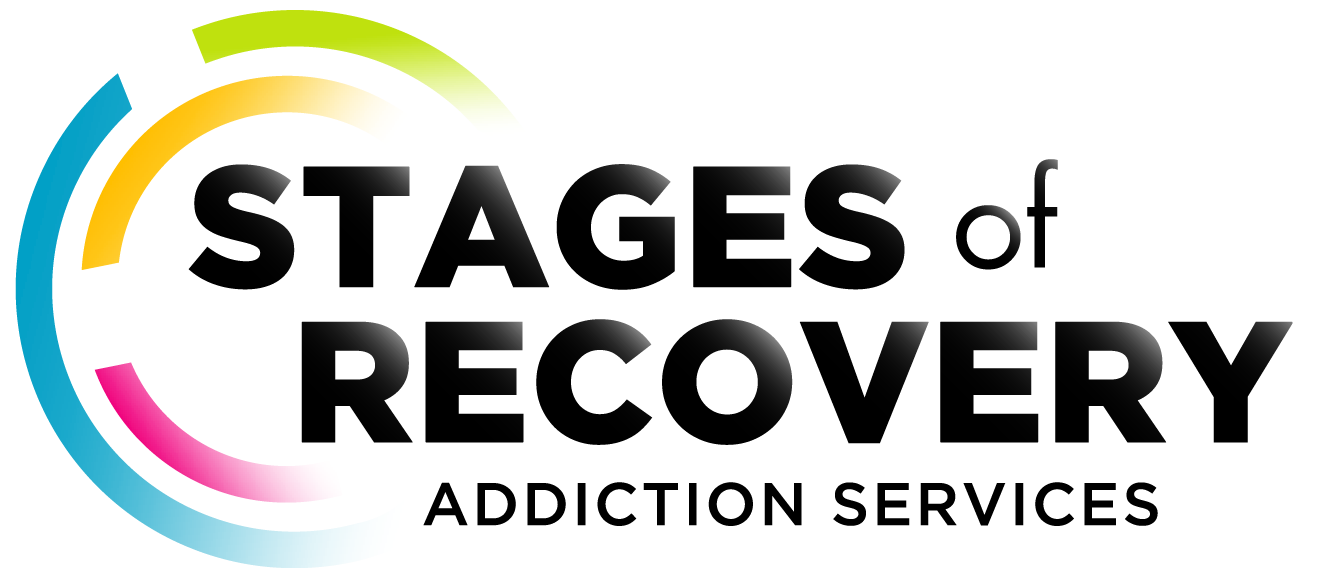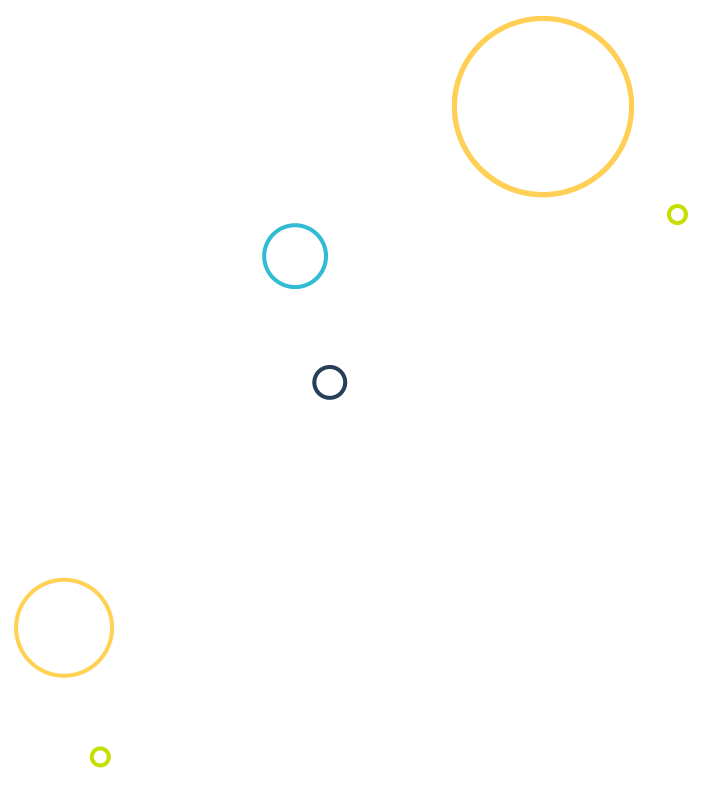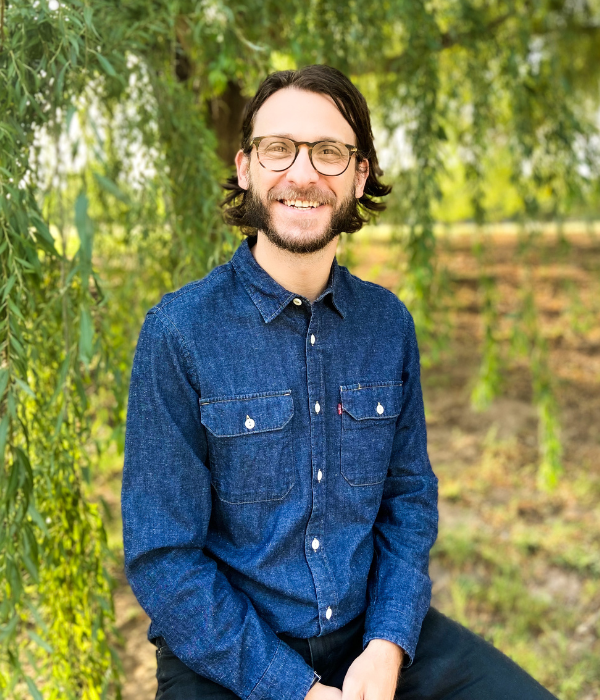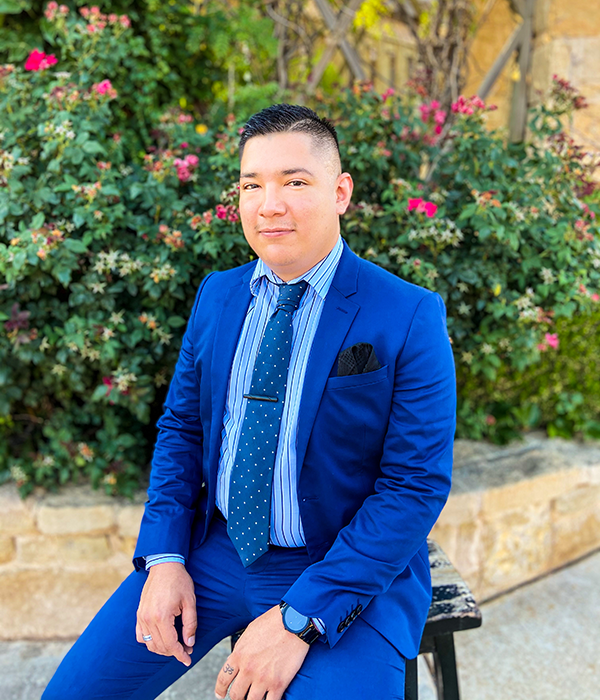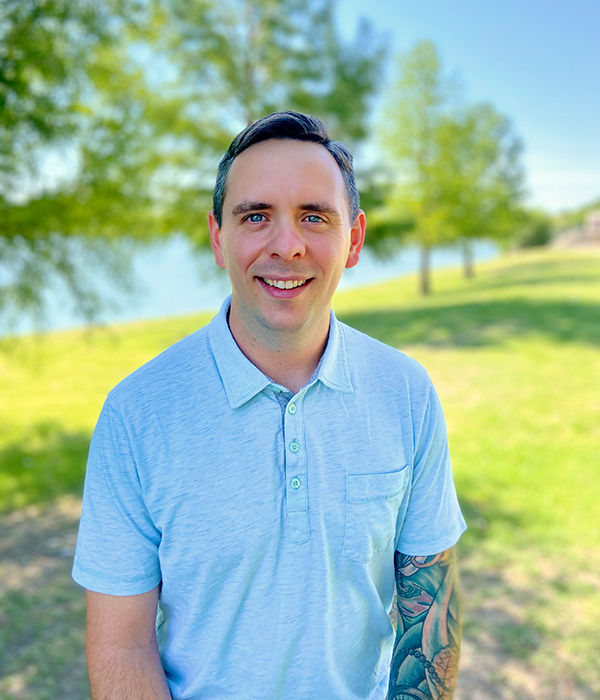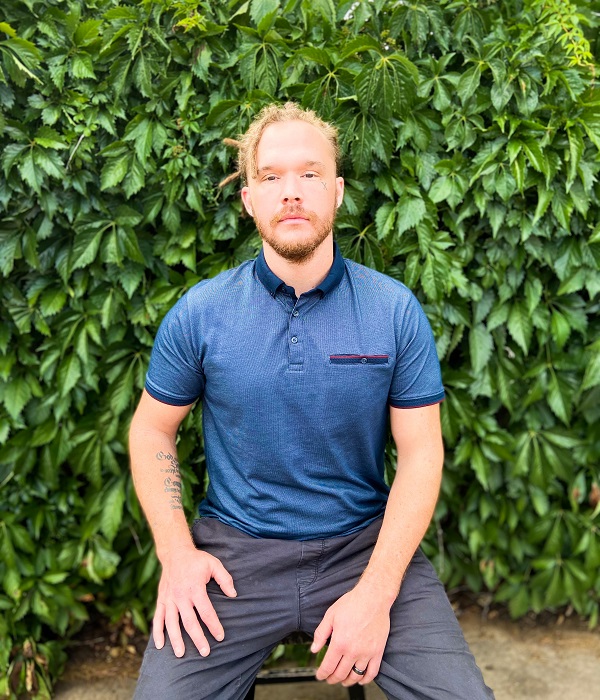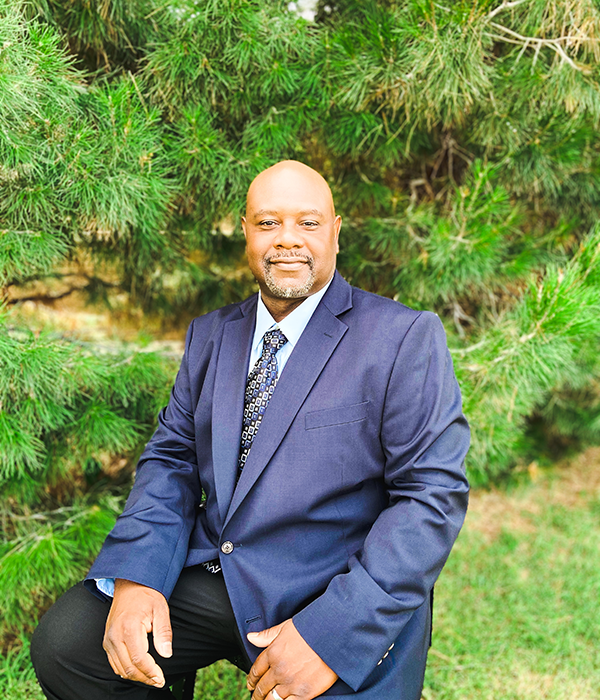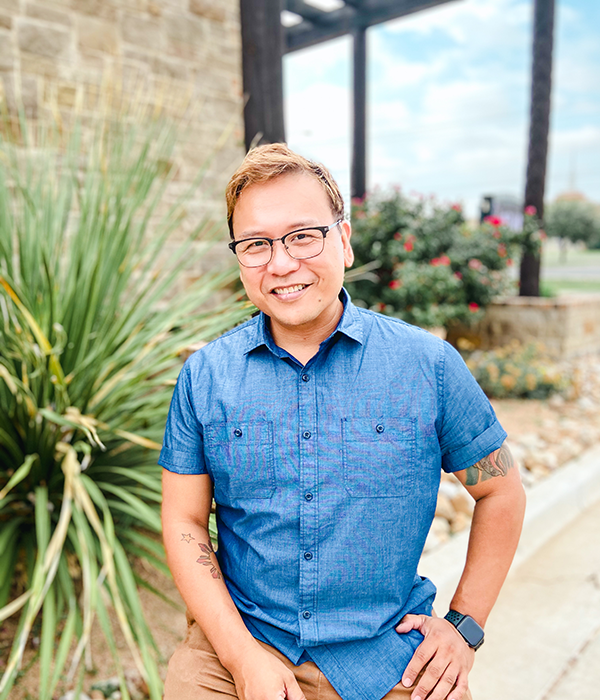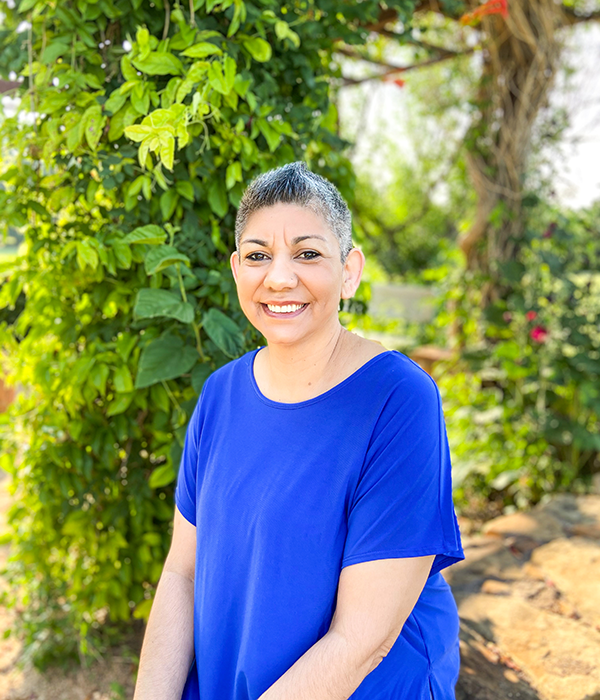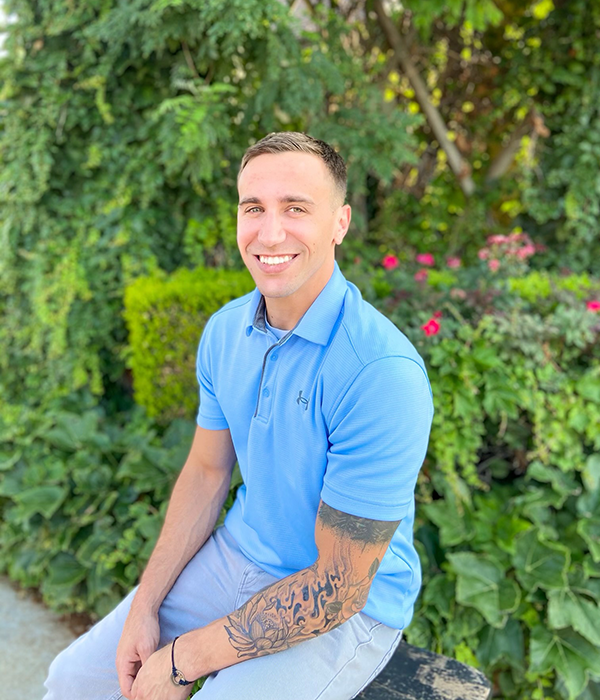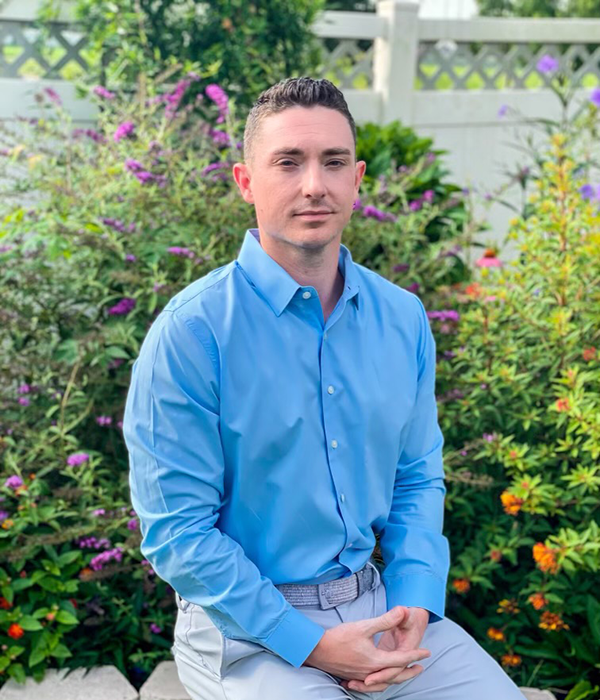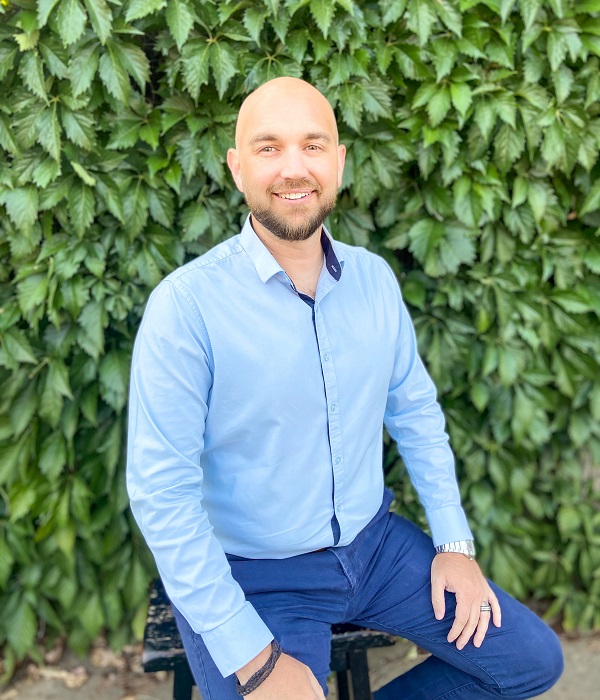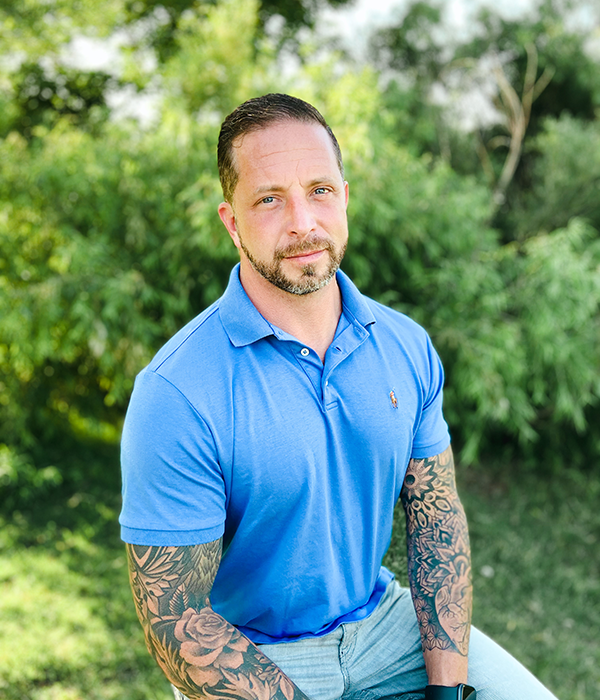Through scientific methods, we as a society have proven addiction is a disease. Though specific political, religious or otherwise conservative groups and individuals may continue to utilize the moral model to explain, address or attempt to remedy it, the general population has seemingly come to at least accept the terminology of addiction as a disease. The latter may be simply due to the growing and insurmountable number of people struggling with or negatively affected by it and therefore seeking to recover and understand. Regardless of the reasoning, the majority of individuals who have experienced or been directly exposed to addiction recognize the progressive, chronic and potentially fatal nature of it.
Helping professionals often look to diabetes, cancer or other diseases to explain the advancing stages of addiction, potential for relapse and the need for life changes as well as multi-option or integrative care to treat it. However, rarely do medical experts look to addiction to explain other diseases. Addiction specialists typically view addiction as an acute physical symptom of a much deeper emotional/spiritual issue. Yet, only a small portion of the population sees cancer, diabetes or any other disease as a physical manifestation of an unresolved emotional or spiritual struggle.
Unlike other diseases, once a professional or self-diagnosis of addiction is received, and treatment is sought, a holistic approach is usually taken. Initially, physical detoxification—ideally medically supervised—begins the process of recovery from the disease. It is the first of many vital steps. And, generally speaking, addiction professionals are aware that relapse is imminent if detox is the only step taken to address addiction.
Moreover, detox alone often proves fatal due to the fact that the body drops its tolerance to the substance and therefore cannot handle the amount once used by the addicted individual. As such, when and if relapse occurs, the amount of substance used which was easily tolerated by the addict’s body prior to detox is now a fatal dose. For this reason and the fact that science has proven addiction to be more than a simple choice, successful recovery typically requires a month of residential treatment during which the diagnosed individual works with a team of addiction treatment specialists to address the holistic nature of the disease.
Regardless of the process, whether a 12-Step program is preferred or not, the addicted individual is encouraged and directed to address emotional or psychological and spiritual aspects of the self while medical professionals, nutrition specialists, etc., tend to the physiological components. Often, life or recovery coaches, social workers, counselors, psychiatrists and other necessary members of the holistic recovery team are brought on board to assist in the individual’s complete and continued recovery from addiction.
And, also generally unlike other diseases, the diagnosed individual is instructed to continue the spiritual and psychological growth process along with maintaining their physiological health via attending support groups, connection to sponsors, counselors, life coaches and/or social workers who hold them accountable for their own recovery process. These individuals are ideally supported through a continuum of care which follows the lifespan of their recovery. This typically presents by way of sober housing, collegiate recovery and other sober communities and programs designed to prevent relapse.
Additionally, numerous outpatient treatment options are offered in case of relapse to help restore physiological, psychological and spiritual balance and steer the individual away from self-destruction and back onto a path of personal growth and empowerment. The latter is typically considered key to successful recovery due to the fact that much of the healing required to completely abstain from substances or maintain moderation or balance within behavioral processes lies not solely within the chemical dependency or biological changes which developed throughout various degrees of substance abuse or behavioral compulsions. Conversely, successful recovery from the disease of addiction requires a holistic healing of the body, mind and soul.
Could it be that the same can be said for cancer? Diabetes? Or any other disease? Is it possible addiction research and specialists have worked so hard to successfully prove addiction as a disease and inadvertently discovered the answer to healing and recovery from all disease? If nothing else, it’s food for thought.
